Regional
Kabuga’s case an uncompleted work of justice
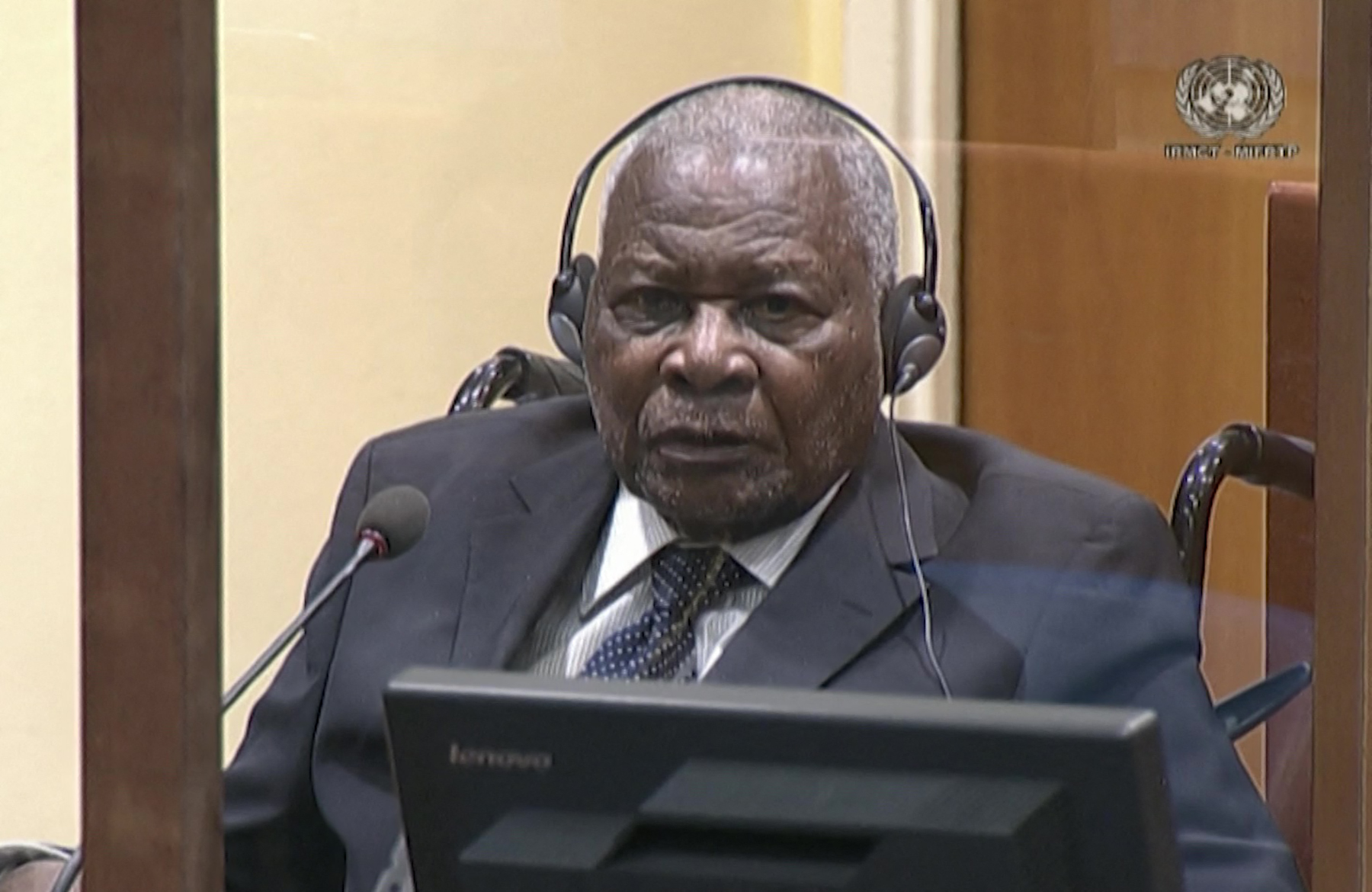
Félicien Kabuga, the notorious financier of the 1994 Genocide against the Tutsi in Rwanda, was one of the richest Rwandan businessmen before and during the Genocide.
On September 8, Félicien Kabuga, the notorious
financier of the 1994 Genocide against the Tutsi in Rwanda, was deemed unfit
for trial due to mental illness. The decision sent shockwaves through the
international community, leaving victims and survivors of the Genocide against the
Tutsi reeling with a sense of betrayal.
Kabuga, one of the richest men before and during the
Genocide, was a shadowy figure behind the scenes, using his wealth to implement
the plan to exterminate the Tutsi in Rwanda. He purchased the weapons that were used to
exterminate more than one million people.
The world had awaited justice for years, and the
verdict on his mental health felt like an affront to the memory of those who
perished.
His role in the genocide was not confined to his
financial contributions. Kabuga was among the founders of Radio Télévision
Libre des Mille Collines (RTLM), a genocidal propaganda machine that streamed
hate speech and incited violence against the Tutsi population.
When summoned by the then Minister Faustin Rucogoza in
the beginning of 1994 , few days before the Genocide against the Tutsi to
discuss the venomous rhetoric broadcasted by RTLM, Kabuga brazenly defended the
station, claiming it was merely disseminating the "truth" and could
not please everyone.
This meeting was filmed and was used during the famous
media trial where his colleagues Jean Bosco Barayagwiza and Ferdinand Nahimana
were being judged as they attended the meeting.
Kabuga's name has echoed through the halls of justice
in numerous cases tried by ICTR including the first trial when Jean Paul
Akayesu, former Mayor of Taba Commune was standing for the trial.
Witnesses and survivors had come forward, providing
testimony about his pivotal role in the genocide. Valerie Bemeriki, a woman who
was a journalist of RTLM testified that Kabuga played a key role in RTLM
programmes.
The evidence against him was overwhelming, and for a moment,
it seemed that justice might finally be served. But, that glimmer of hope was
extinguished with the unexpected verdict on the halt of the trial.
In the midst of the despair that followed, a voice of
reason emerged in the form of Judge Mustapha El Baaj. In his dissenting
opinion, he argued passionately that continuing with Kabuga's trial was
"in the interests of justice." Judge El Baaj believed that
accommodations could be made for Kabuga's mental illness while ensuring the
trial proceeded.
However, the Appeals Chamber upheld the decision to
halt Kabuga's trial, leaving many disillusioned. Prosecutor Serge Brammertz
expressed his disappointment, acknowledging that the victims had invested their
hopes in the justice process. He reassured them that it was not the end of
their pursuit of justice.
The international justice system had, once again,
failed the victims. This failure echoed the broader issue of early releases
granted to top convicted genocidaires.
While the world promised "never again" after
the horrors of the Holocaust, the early release of individuals responsible for the
Genocide against Tutsi leaves a bitter taste in the mouths of survivors and
their descendants.
Those who received early release are now active in
denying their crimes of genocide blaming the victims for their own genocide.
This is the case of Capt Innocent Sagahutu, the
butcher of Butare and Gikongoro, who organizes shows on the internet to falsify
the history of the Genocide against the Tutsi. His audience comprises
descendants of Genocide convicts who have a mission to sanctify their parents.
In the aftermath of Kabuga's verdict, survivors
grappled with the sense of injustice that had permeated their lives for nearly
three decades. Their resilience was remarkable, but the wounds of the past ran
deep.
For many, the decision surrounding Kabuga was a stark
reminder that the pursuit of justice to the perpetrators of the Genocide
against Tutsi was fraught with challenges. It raised questions about the
effectiveness of international tribunals and the willingness of the global
community to hold perpetrators of heinous crimes accountable.
As the sun set on another day, they found solace in
their unwavering determination. They knew that the struggle for justice was far
from over, that the legacy of Kabuga would not define their future. In the face
of adversity, they would continue to demand justice for their loved ones, and
for a world that had promised to prevent such horrors from happening again.
The story of Kabuga's escape from justice was a
painful chapter. But it was not the end of the story.
It was a stark reminder to victims and survivors of
the Genocide against the Tutsi that the pursuit of justice is a long and
arduous journey, filled with obstacles and setbacks.


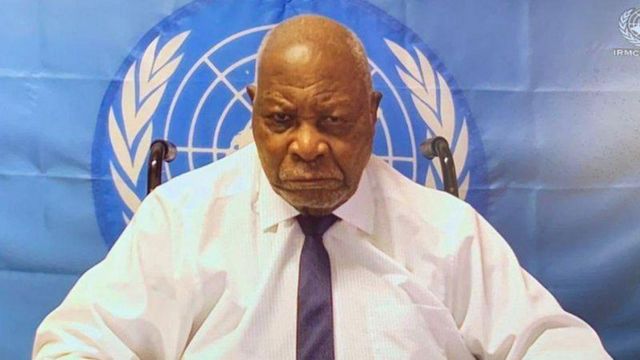
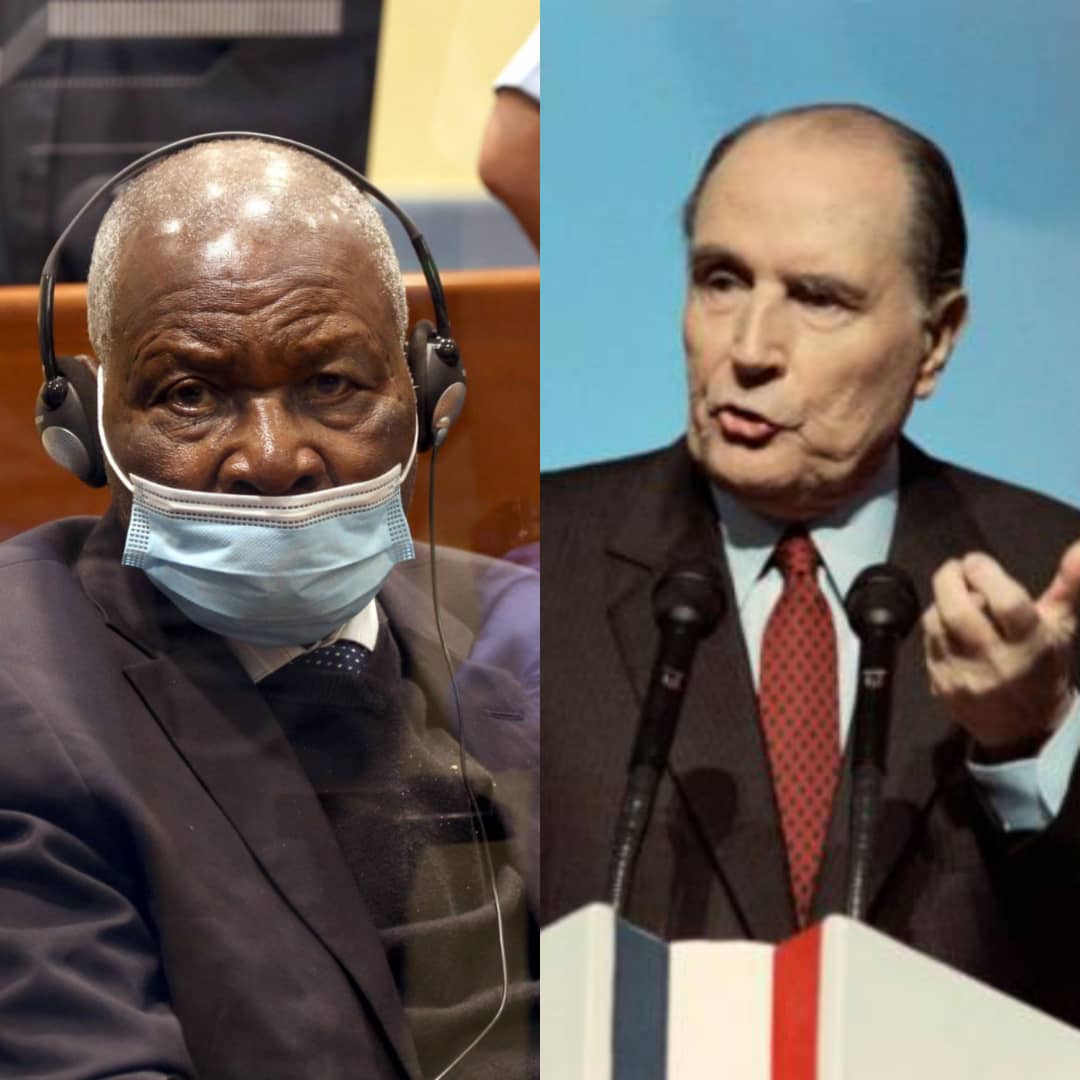
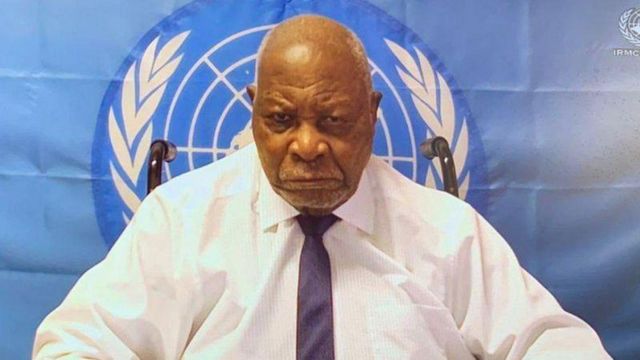
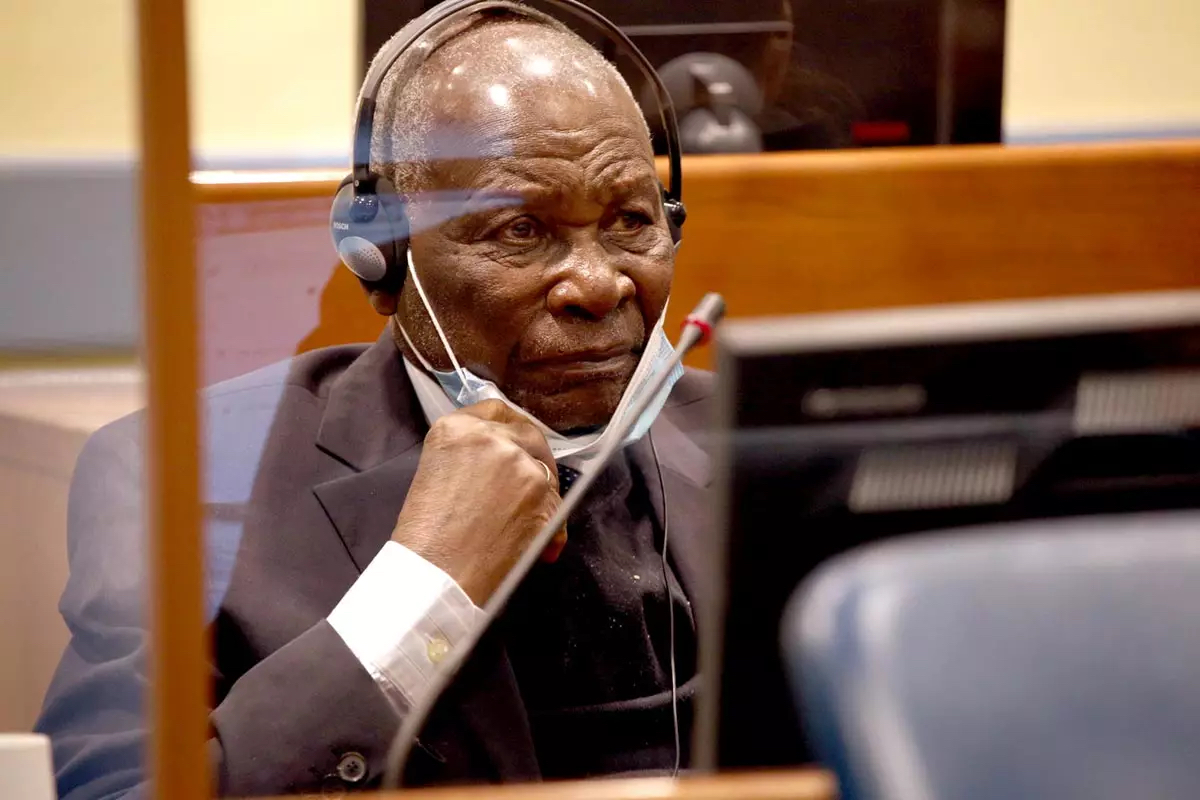
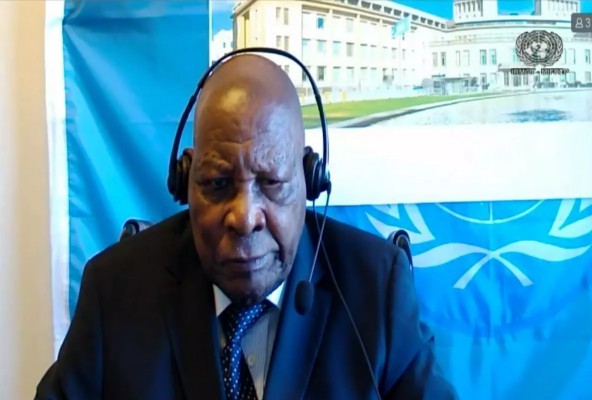
.jpeg-20230127112648000000.jpeg)